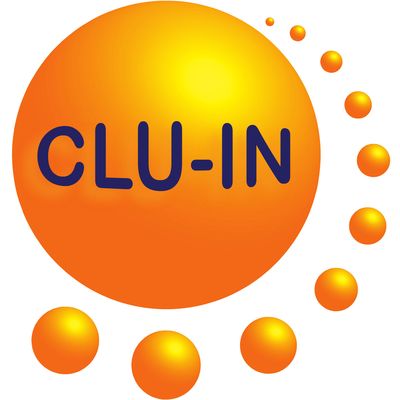Since 1998, The Contaminated Site Clean-Up Information (CLU-IN) website has presented Internet Seminars covering a wide variety of technical topics related to hazardous waste characterization, monitoring, and remediation. For each seminar topic, we have selected the highest-quality offering for placement in our archives. Beginning in May 2005, we began offering these archives via podcast, and this feed contains all seminars archived in the last 6 months. For a complete list of seminars archived since 2000 and videos of selected seminars archived since 2012, please visit http://clu-in.org/live/archive/. Our Rehabilitation Act Notice for reasonable accommodation is available at http://clu-in.org/training/accommodation.cfm. CLU-IN was developed by the U.S. Environmental Protection Agency (EPA) but is intended as a forum for all waste remediation stakeholders. For more information and to view upcoming live offerings, please visit http://clu-in.org/live/. For a complete list of RSS feeds available on CLU-IN, please visit http://clu-in.org/rss/about/.
http://www.clu-in.org/live/archive
Audio for "Sustainable Resilient Remediation (SRR)," Jun 22, 2021
Extreme weather events and wildfires are increasing and impacting hazardous waste sites. The primary goal of cleanups, which is protecting human health and the environment, is undermined. Confronted with these risks, environmental professionals should assess, and design remedies that are sustainable and resilient. Sustainable resilient remediation (SRR) is an optimized solution to cleaning up and reusing a hazardous waste site that limits negative environmental impacts, maximizes social and economic benefits, and creates resilience against increasing threats. The objective of the ITRC Sustainable Resilient Remediation (SRR-1) is to provide resources and tools for regulators, stakeholders, consultants, and responsible parties to help integrate sustainable and resilient practices into remediation projects. This guidance updates the Interstate Technology and Regulatory Council's (ITRC) Technical and Regulatory Guidance: Green and Sustainable Remediation: A Practical Framework (ITRC 2011a) and includes a strong resilience component to address the increasing threat of extreme weather events and wildfires. Recommendations for careful and continuous consideration of the social and economic costs and benefits of a cleanup project are included. Training Objectives Educate participants about available SRR resources and toolsImpart evolution from Green and Sustainable Remediation (GSR) to SRRProvide guidance on practical application and implementation of SRRProvide participants with information necessary to navigate the SRR guidance and tools Training GoalsProvide information and resources for the social and economic dimensions of sustainability, including state-of-the-art social and economic evaluation toolsProvide a framework illustrating how and why sustainability and resilience should be integrated throughout the remedial project life cycleOffer checklists of key sustainable best management practices to address resilience based on specific vulnerabilities at a site, as well as resources for additional informationPresent interactive maps with links to available state and federal resources to quickly find examples and best practices from your state or other states and federal agenciesReference case studies illustrating the application of SRR considerations After the SRR Training, a user will have the tools necessary to understand what SRR is and how it can be used to achieve a sustainable and resilient remediation outcome. This can be accomplished by remediation practitioners applying the principles and practices to a contaminated site and by providing SRR resources to help regulators and stakeholders in the development and review of project documents or submittals. The intended users of this guidance and training course are those individuals responsible for managing contaminated sites. Users of this training and the associated documents will develop an understanding of SRR and its importance in achieving sustainability and resilience for site remediation. Principals, best practices, resources, and trainer insights will help users conduct SRR tailored to the needs of the sites under their care. Recommended Reading: Participants are strongly encouraged to review the ITRC Sustainable Resilient Remediation, (SRR-1) document prior to participating in the training class. Also, because SRR-1 is an expansion and update of the concepts developed in Green and Sustainable Remediation: A Practical Framework, GSR-2, review of this document is recommended but is not a prerequisite. To view this archive online or download the slides associated with this seminar, please visit http://www.clu-in.org/conf/itrc/SRR_062221/
